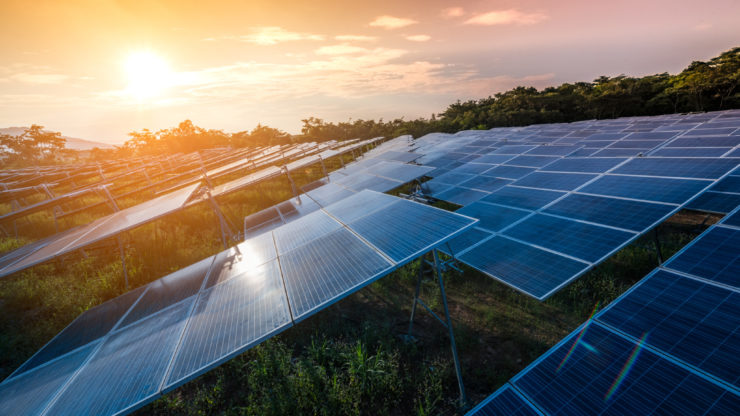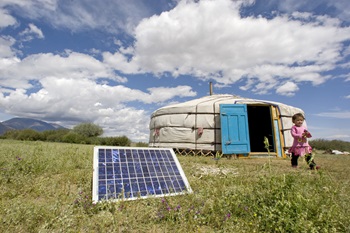Small Island Developing States (SIDS) are highly vulnerable to climate change risks and face unique challenges and opportunities when it comes to climate technology choices and investment options.
Due to their vulnerability, the transfer, uptake and diffusion of key technologies is central to achieving the political vision of low-carbon and climate resilient development in SIDS.
UNEP DTU Partnership is conducting climate change Technology Needs Assessments in eight SIDS (Antigua and Barbuda, Cook Islands, Dominica, Fiji, Jamaica, Nauru, Trinidad and Tobago and Vanuatu), working with regional centres based at the University of the West Indies (Mona, Jamaica) and the University of the South Pacific (Fiji). This is a 2-year nationally driven process that aims to prioritise key technologies for selected sectors, understand the range of barriers currently impeding their uptake or diffusion, and subsequently develop an action plan to address these barriers.
Ultimately the TNAs aim to create a pipeline of investment project ideas to enable access to, or scaled-up use of, low-carbon and climate resilient technologies targeted at either private or public sources of investment, such as the multilateral Green Climate Fund.
But the process also aims to inform broader national climate planning efforts in each country such as the NDCs (Nationally Determined Contributions) and NAPs (National Adaptation Plans) by harmonising activities with these processes.
Facing unique challenges
On the side of climate change mitigation, the energy sector remains the single largest source of greenhouse gas emissions in most SIDS economies. However, SIDS face unique challenges in shifting their electricity systems to use lower-carbon technologies. These include the fact that, more often than not, SIDS operate their own grids, unconnected to larger grids and so are forced to generate their own power, most often by importing expensive and polluting fossil fuel technologies. In addition, SIDS are often small and where they do enjoy significant renewable energy resources these are limited to one or two types (i.e. solar and mini hydro) and may face space limitations to expand the use of solar PV technology, for example. These constraints also stand to undermine a transition to electric vehicles, powered by renewable energy.
SIDS also face numerous common challenges when it comes to climate resilient development. These include the paucity of robust and long-term data sets to identify the costs and benefits associated with various innovative adaptation technologies.
Moreover, the absence of centralised data storage systems hinders the development of adaptation baselines necessary for the calculation of loss and damage risks posed by extreme weather events, and how this may change investor risks profiles and the cost of insurance cover.
Over the next two years UNEP DTU Partnership and its regional partners will be working with governments in the eight SIDS to apply a project methodology that enables governments and stakeholders to fully explore culturally relevant technology options and specific barriers and actions to operationalise these technologies. We will also explore the role and importance of inter-island collaboration for co-learning and cross-fertilisation of knowledge and project development, where relevant. In addition we will seek collaboration with related initiatives such as the Caribbean Climate Smart Accelerator and the Pacific NDC Hub, identifying opportunities to pool resources in the quest to steer investment decisions that help achieve low-carbon and climate resilient development.
For more information on the TNA process in the Caribbean, contact James Haselip (jhas@dtu.dk)
For more information on the TNA process in the South Pacific, contact Natasha Delani Kuruppu (natku@dtu.dk)


